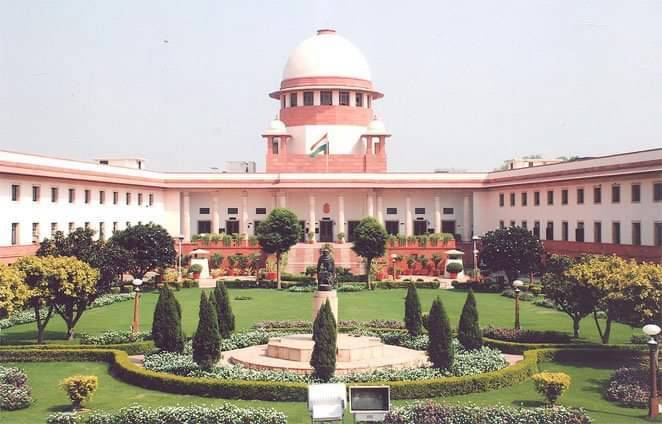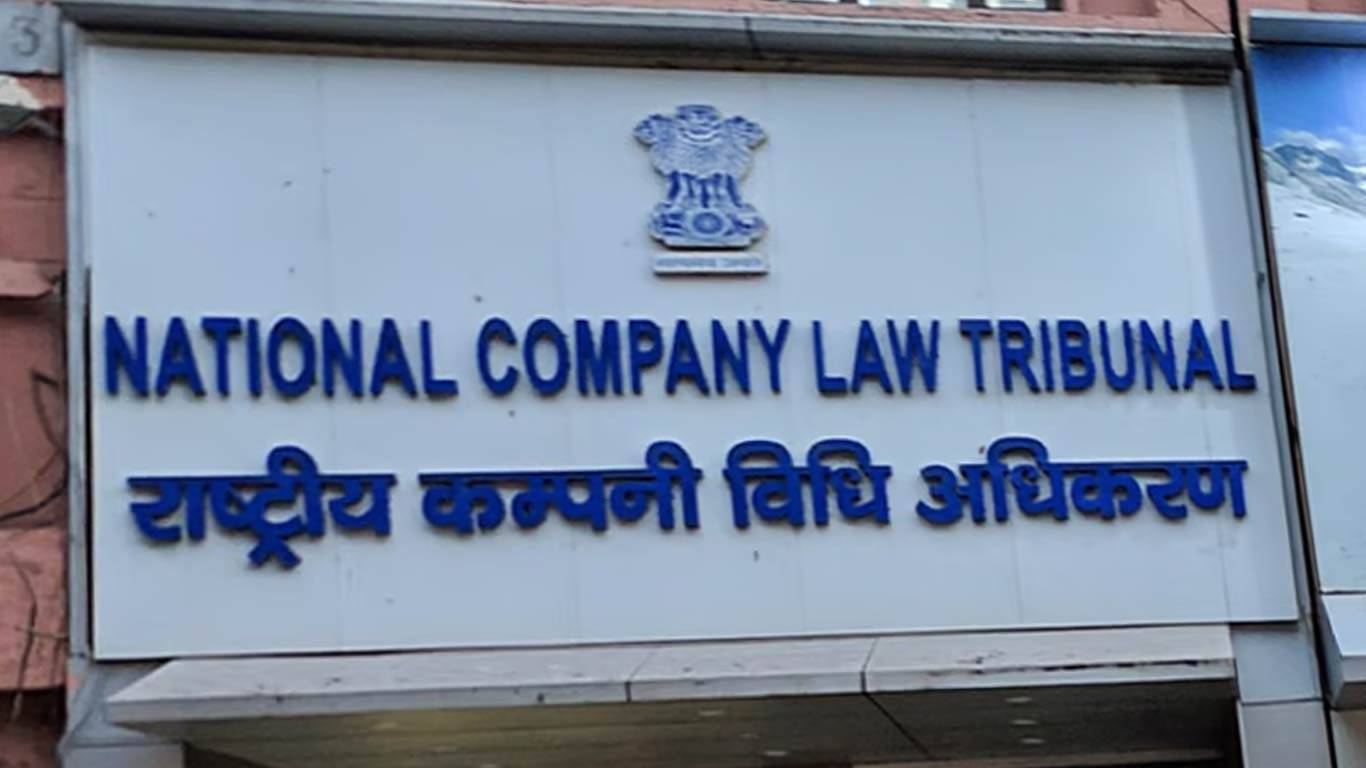In a significant ruling, the Supreme Court of India, led by Justices Vikram Nath and Prasanna Bhalachandra Varale, ordered the Agra Development Authority to compensate Dharmendra Sharma ₹15 lakh. The case arose from the authority’s failure to provide a flat with a Completion Certificate and valid firefighting clearance, both crucial for safety and legal compliance. This ruling is seen as a landmark decision for consumer rights and accountability in the real estate industry.
The Importance of Completion Certificates and Fire Safety Clearance
Completion Certificates (CC) are legal documents that confirm a building has been constructed according to approved plans and has adhered to local municipal regulations. Without this certificate, a building might violate essential construction standards, raising concerns about safety, zoning, and overall legality. The absence of a CC implies that the construction might be incomplete or deviate from the sanctioned plan.
Fire safety clearance is equally critical, especially in residential complexes and high-rise buildings. It ensures the building is equipped with firefighting systems such as alarms, extinguishers, sprinklers, and proper evacuation routes. Buildings without these clearances pose serious risks to the lives of their residents in case of emergencies like fires.
In the case of Dharmendra Sharma, the lack of these certifications not only compromised the safety of the occupants but also raised legal questions about the building’s legitimacy. Offering possession without fulfilling these regulatory requirements can lead to catastrophic consequences, as non-compliance with safety measures puts lives at risk. The Agra Development Authority’s negligence in this matter resulted in a substantial penalty, with the Supreme Court ruling in favor of Sharma.
The Supreme Court’s Ruling and Its Implications
This case marks a decisive moment for the enforcement of real estate laws in India. By mandating that no property can be offered to buyers without securing completion and fire safety certifications, the court has laid down a precedent. The ruling is in line with the Real Estate (Regulation and Development) Act (RERA), which was implemented to protect the interests of homebuyers and regulate the real estate industry.
Under RERA, developers must adhere to strict guidelines, including obtaining the necessary certifications before handing over possession of any residential or commercial property. However, cases like Sharma’s illustrate that some developers and authorities may attempt to circumvent these rules to expedite sales, often at the expense of safety and legality. The Supreme Court’s judgment sends a strong message to the real estate industry that such practices will not be tolerated and will result in significant financial and legal consequences.
Accountability in Real Estate
The Supreme Court’s decision reinforces the idea that real estate developers and authorities must prioritize the safety and legal standing of their projects before offering them to buyers. The ruling holds developers accountable for non-compliance with construction and safety norms, ensuring that buyers receive properties that are both safe to live in and legally compliant. It also empowers homebuyers to demand transparency and full compliance with safety regulations from developers.
The ₹15 lakh compensation awarded to Dharmendra Sharma is a substantial amount, reflecting the gravity of the Agra Development Authority’s oversight. The case highlights that when authorities and developers fail in their duty to provide safe and legal properties, they will be held financially responsible. This compensation sets a new benchmark for cases involving violations of real estate laws, particularly in situations where buyers are put at risk due to incomplete or unsafe projects.
Long-term Impact on the Real Estate Sector
This judgement is expected to have far-reaching effects on the real estate industry. Developers and local authorities will now face increased pressure to comply with all legal and safety requirements before offering possession to buyers. The decision will likely result in more rigorous enforcement of RERA provisions, ensuring that real estate transactions are more transparent and that buyers are protected from incomplete or unsafe projects.
For homebuyers, this ruling is a significant victory. It ensures that developers can no longer cut corners by avoiding crucial safety protocols and certification processes. Buyers now have stronger legal backing to demand properties that meet all safety standards, including fire safety and completion certifications. The ruling also sets a precedent for future legal disputes, giving homebuyers more confidence when taking legal action against developers who fail to meet their obligations.
For the real estate industry as a whole, the ruling promotes greater accountability and transparency. Developers will need to adopt more responsible construction practices, ensuring that all necessary clearances are in place before marketing or handing over properties. This shift towards compliance will improve the industry’s reputation and encourage more ethical practices, ultimately benefiting both developers and buyers.
A Win for Consumer Rights
The Supreme Court’s decision in Dharmendra Sharma’s case is a milestone for consumer rights in India’s real estate sector. By requiring developers and authorities to obtain Completion Certificates and fire safety clearances before offering possession, the court has ensured that buyers’ safety and legal rights are protected. The ₹15 lakh compensation awarded to Sharma reflects the seriousness of the issue and sets a powerful precedent for future cases.
This ruling not only provides justice to Sharma but also strengthens the regulatory framework of the real estate industry, ensuring that homebuyers receive safe and legally compliant properties. As the industry adapts to this new reality, buyers can expect more transparent and accountable real estate transactions in the future.
Image source- facebook.com









.png)